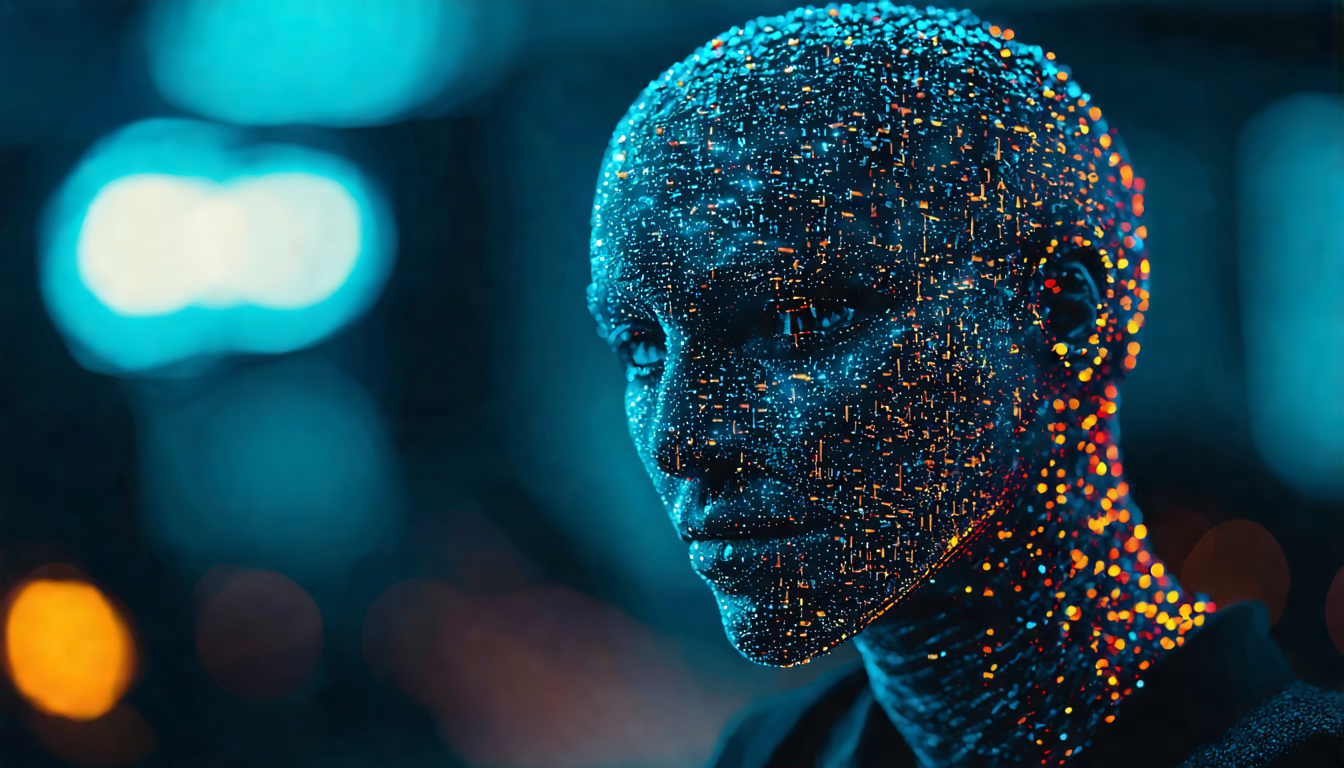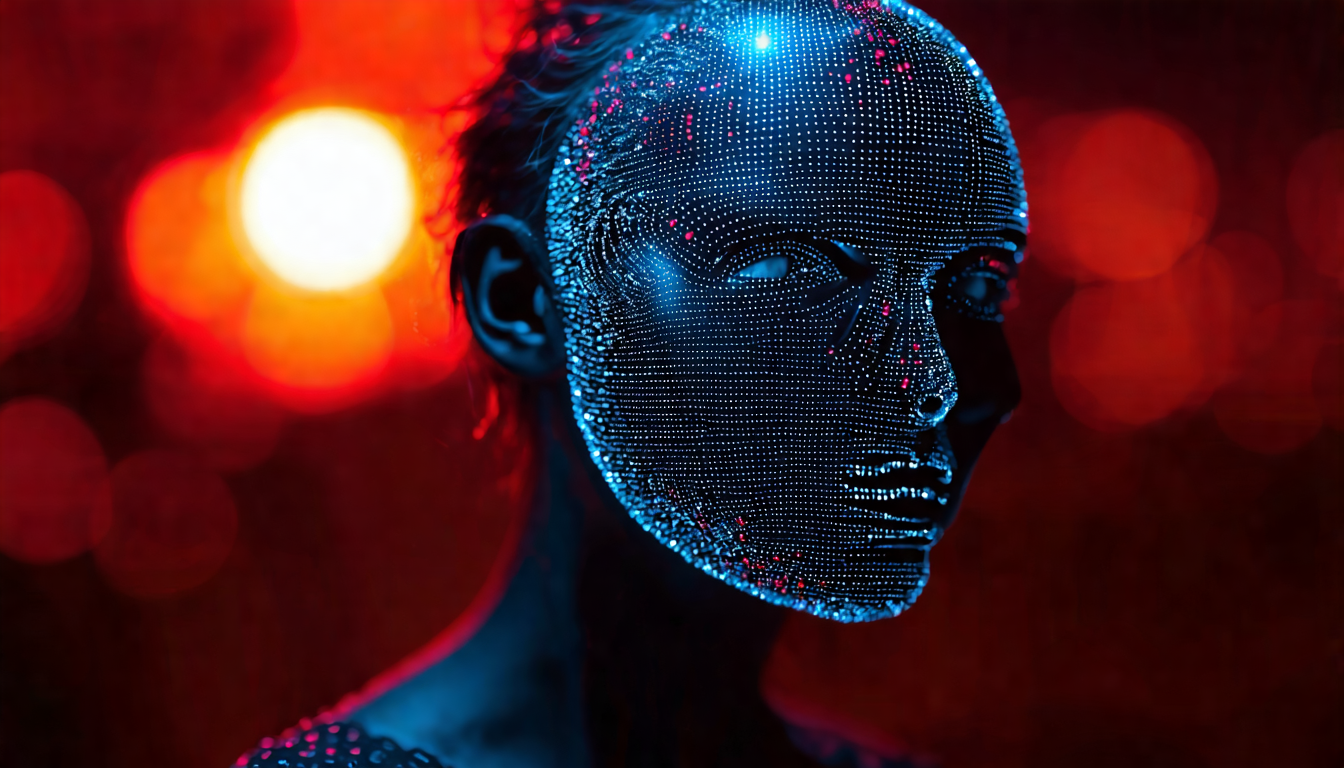Artificial Intelligence, commonly referred to as AI, has been a hot topic in recent years and its impact on the future of work is a major discussion point. AI is the simulation of human intelligence processes by computer systems, and its capabilities have grown exponentially with the rapid advancements in technology.
The integration of AI into the workplace has already started, with tasks such as data analysis and customer service being automated. This has resulted in increased efficiency, reduced cost and improved accuracy. However, with the rise of AI, there are also concerns about job displacement, as machines and algorithms are able to perform tasks that were previously done by humans.
One of the main areas where AI is expected to have a significant impact is in the manufacturing industry. With advancements in robotics and machine learning, processes can be automated and optimized for maximum efficiency. This may lead to job losses in low-skilled manufacturing jobs, but also opens up new opportunities for individuals with skills in programming and AI development.
In addition to the manufacturing industry, AI is also revolutionizing the field of healthcare. AI-powered systems can analyze and interpret medical data, leading to more accurate diagnoses and treatment plans. This not only improves patient outcomes but also frees up healthcare professionals to focus on more complex tasks that require human skills such as empathy and critical thinking.
Some argue that the widespread use of AI in the workplace


Leave a Reply